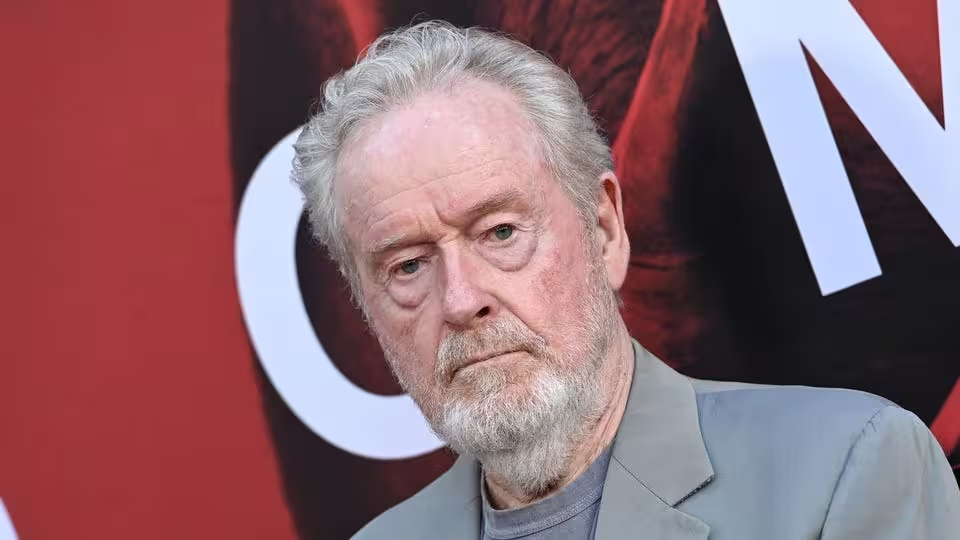3 Minutes
Ridley Scott: blunt, candid, and worried
Ridley Scott — the director behind Blade Runner, Gladiator and Black Hawk Down — delivered a blunt diagnosis of contemporary filmmaking during a career conversation at BFI Southbank in London. The veteran filmmaker told audiences he believes the industry is "drowning in mediocrity," so much so that he's taken to re-watching his own catalogue as a comfort: "I’ve started watching my own movies, and actually they’re pretty good! And also, they don’t age." He also argued that the sheer global volume of films being made today has lowered the bar: "millions, not thousands… and most of it is s**t," he said, adding that modern pictures are too often "saved" by digital effects because the story on the page wasn't strong enough to begin with.
Why Scott singles out CGI and the production pipeline
Scott’s comments tap into a broader industry debate. The ascent of streaming, cheaper production tools and content-hungry platforms has multiplied output — but it has also created a commercial pipeline where speed and brand recognition sometimes trump craft. That trend is echoed by other industry figures: actor-producer Channing Tatum recently described the filmmaking pipeline as "confused," suggesting that at times incentives reward quantity over quality. Scott’s argument is that practical design, disciplined storytelling and well-realized scripts — hallmarks of his best work, from the dystopian world-building of Blade Runner to the visceral realism of Black Hawk Down — are what give films long-term staying power.
His lament is not merely nostalgia. Directors of Scott’s generation often favored production design, practical effects and rigorous location work. Those elements contribute to the sense that many of Scott’s films "don’t age," a contrast he uses to measure current releases.

What this means for Gladiator 3 and modern epics
Scott also teased career updates: he’s wrapped The Dog Stars and has sketched out a "footprint" for Gladiator 3, hinting that his titular character remains present in Rome’s political landscape. For fans, that’s a meaningful promise — Scott’s Gladiator combined spectacle with tight character work, which he appears to see as the antidote to the very mediocrity he criticizes.
Film critic Anna Kovacs commented on Scott’s stance: "Scott’s frustration reflects a market that rewards instant scale and spectacle. But the director’s longevity proves that careful world-building and script-first filmmaking remain the best defense against forgettable movies." Her view underlines a practical takeaway: quality still matters — and it often starts on the page.
There’s a bit of provocation in Scott’s tone, but it also reads like a creative call to arms from one of Hollywood’s elder statesmen. If anything, his return to re-watching Black Hawk Down and other classics is a reminder that well-made films can outlast industry churn. Whether Hollywood listens is the next act to watch.
Source: deadline



Leave a Comment